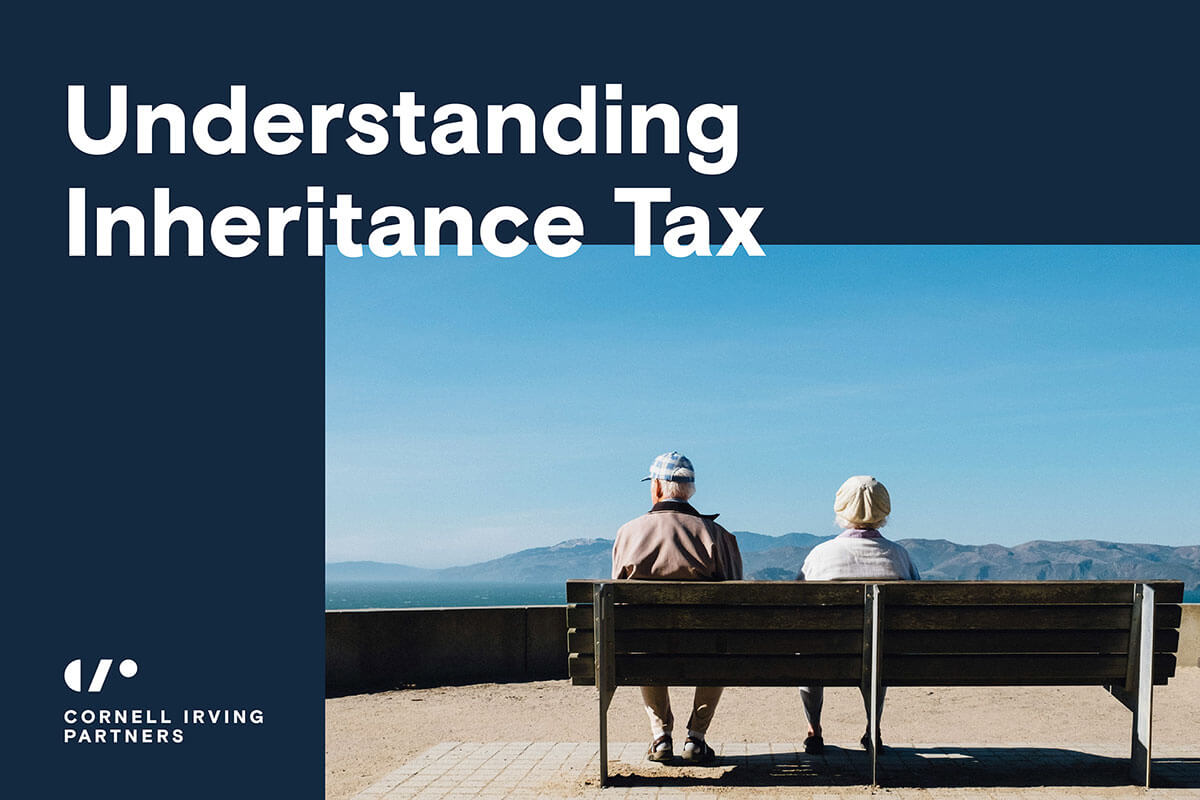Since the pandemic in 2021, there’s been an obvious shift to the amount of Australians that are working from home. Fast forward to 2023 and it continues to be a dynamic discussion around what the future will look like for employee flexibility. Needless to say — remote, hybrid work arrangements are set to continue changing.
With this reality front of mind, the ATO is forced to adapt to how they are treating tax deductions for those working from home.
Recently, the ATO has updated their policy to better reflect taxpayers situations in 2023.
From 1 July 2022, there are two methods available to calculate your claims — the ‘Revised Fixed Rate’ method and the ‘Actual Cost’ method.
Who’s eligible to claim home office tax deductions?
To claim expenses for working from home, you must be using your home environment to fulfil the same kind of employment tasks you would if you were in the office. This doesn’t include the occasional checking of emails or phone call. As a general rule, you must be incurring additional expenses as a direct result of working from home.
The good news is, these changes will better reflect the kind of expenses incurred from a remote work environment along with making the deductions available to those who don’t have a dedicated office. Working from the kitchen bench? You’re now officially recognised as working from home too, and can claim related deductions.

Revised Fixed Rate method
The revised fixed rate method for claiming expenses is an easy way to calculate your deductions. It works by calculating cents per hours worked. The cents per hour figure is increasing from the 2022–23 income year onwards. The changes are as follows:
2022-2023 fixed rate method
- The cents per work hour has increased from 52 cents to 67 cents
- You no longer need to have a dedicated office room at home
Expenses that can be challenging to calculate work usage such as internet, electricity and phone expenses have been accounted for in the revised rate.
The Revised Fixed Rate includes:
- Energy expenses — eg gas and electricity
- Phone usage — eg home and mobile internet or data expenses
- Stationery
- Computer Consumables — eg printers, ink, paper
Not included in the Revised Fixed Rate:
Equipment such as office furniture or new computers and other technology are not included in the revised rate and can be claimed separately.
Coffee, Tea, Milk and other household items cannot be claimed, even if your employer usually provides these in the office for you.
What can be claimed separately:
- Depreciation of assets while working from home — eg Computer and office furniture. If the item is $300 0r less and you use it mainly for work, you can claim and immediate deduction in the years you buy it. This includes items such as keyboards, computers, mouses, power boards, desk lamps and chargers.
- Repairs and maintenance of assets
- Cleaning costs for maintaining a dedicated home office
Revised Fixed Rate Record Keeping
The ATO won’t accept estimates so a good record keeping system is ideal to be able to claim.
Records of Time
- For the 2022-23 income year only, you must be able to provide both:
- From 1 July 2021 to 28 February 2023, a record of the hours you worked from home for a particular period that you can apply for the whole 8 months
- From 1 March 2023, records of hours worked from home can be provided in a timesheet, roster, logs of time spent accessing business/employer systems or a diary of the full year.
Records of Expenses
For each expense that is covered in the Revised Fixed Rate per hour (eg. phone/internet) a bill must be kept for each service as a record for these expenses.

Actual Cost Method
The actual cost method for working from home claims has not changed.
The actual cost method works by claiming the actual work-related portion of all running expenses. Detailed records for all working from home expenses must be kept to be claimed.
Actual Cost Method Record Keeping
- Receipts, bills and other similar documents to proves the expenses you have incurred along with the number of hours worked from home during the income year (either the exact hours or a diary/logbook representing the 4 week period to show the usual pattern of working from home)
- A record of how you have calculated the work-related and private portion of the expenses (again this could be a diary or similar document kept for a 4-week period to show usual patterns of work using a depreciating asset eg. computer/laptop)
- If you are claiming actual working from expenses, you can’t claim deductions for expenses that are already covered or reimbursed by your employer.







